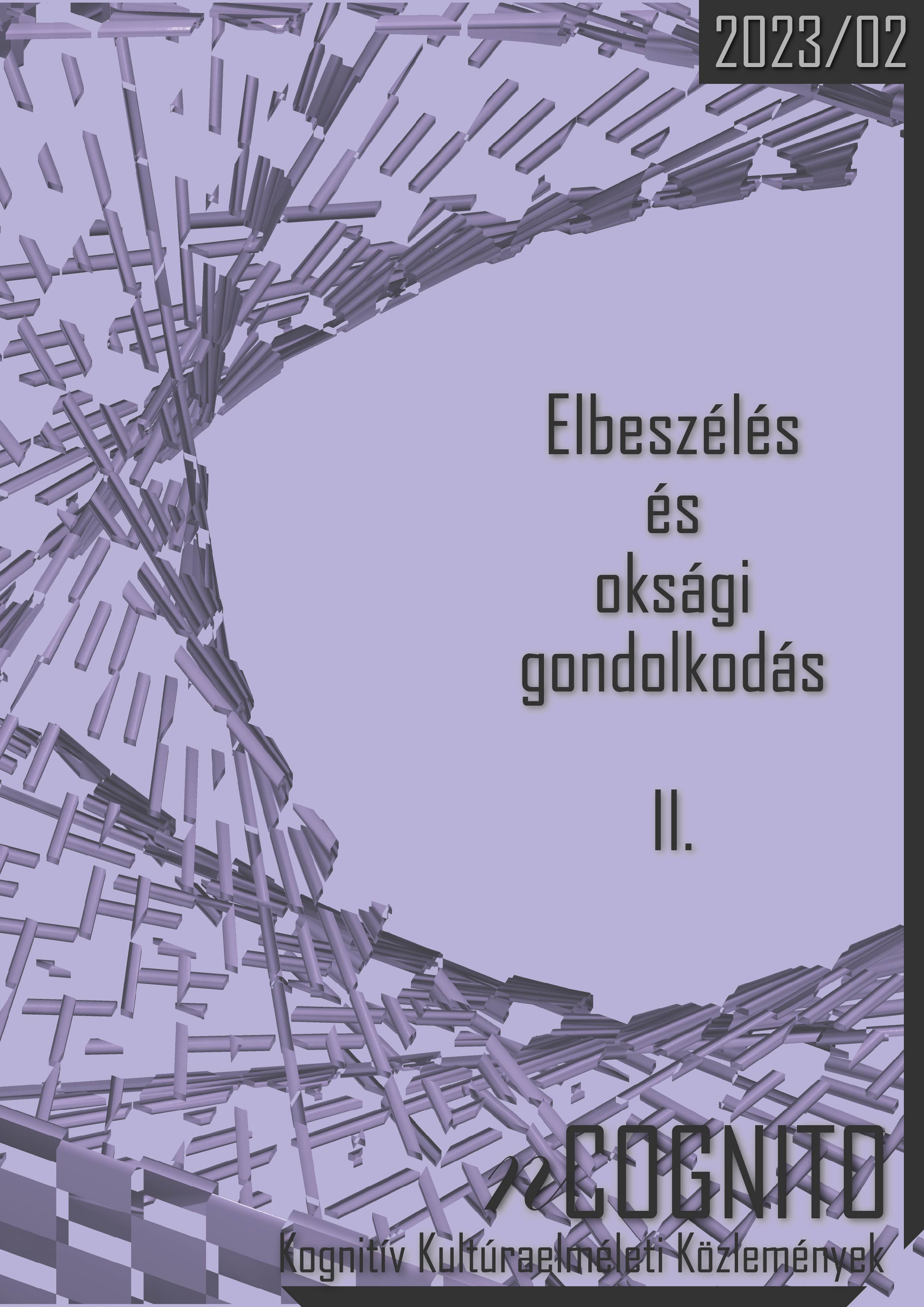The „perfect identity” as necessary fiction The role of causality and imagination in the Humean model of personal identity
Main Article Content
Abstract
The concept of personal identity (i.e. to be distinguished from the so-called ontological identity) was introduced into the philosophical discourse by John Locke in his 1689 work An Essay on Human Understanding. According to his thesis, what establishes and maintains the identity of someone as a person is none other than the continuity of consciousness. But is some sort of pre-given unity of self-consciousness actually a necessary prerequisite for conscious experience? And also, if there’s no such thing, who or what am „I”? My train of thought is centered around Hume’s bundle theory of personal identity, according to which the "self" as a conscious subject is nothing more than a bundle of perceptions. In the first step, I distinguish the problems of ontological and personal identity, as well as the basic ontological models of identity. When explaining Hume’s concept, I focus on the connections between identity and causality, while trying to find an answer to the question of whether it is possible to interpret Hume’s concept of causality in a way that allows at least the epistemic necessity of postulating the unity of consciousness.

